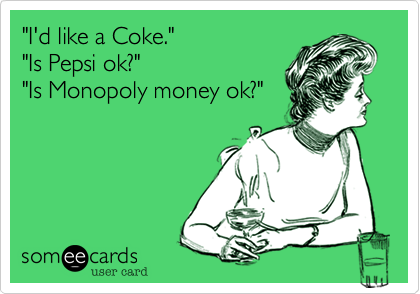Right now, there’s a lot of talk about themes and their place within the WordPress community. Generally speaking, I think that this is a good thing as it’s finally forcing theme designers and developers to thing more strategically about the products that they’re creating, releasing, and to think more critically about their target audience, marketing efforts, and so on.
There are some who believe the market has been saturated, and though I follow that train of thought, I don’t agree with it. Just because there are more product options, more companies, and so on producing themes does not necessarily negatively detract from the industry.
I think it makes it more competitive which, in turn, can make it more innovative (though it can also create more products that should never be on the market, but that’s the nature of an economy and I’d rather keep the post optimistic).
With that said, I don’t think that there’s any reason to be discouraged from entering the theme development space, creating a new theme company, or anything like that.
In fact, I think on the contrary.
WordPress Theme Companies
Once upon a time, themes were not as advanced as they are now primarily because the foundation on which they are built – that is, WordPress – wasn’t as advanced. This means that the numbers of options were either small, or work baked into the theme using the developers’ own techniques.
Then, when a customer purchased the theme, they’d be purchasing the design, and whatever options existed (or did not exist).
But now, we’ve got n-number of companies producing y-number of themes. Some themes are extremely creative – they’re focused on a niche, they solve a single problem, and they do so well. Others, on the other hand, are follow the same model of either riding the wave of whatever currently popular or they are just throwing the kitchen sink into the theme options hoping it sticks.
But one thing that I think theme companies are slowly beginning to realize and to adopt is that customers are purchasing themes not only based on the quality of the theme, but the quality of the company as well.
Brand Loyalty
Every one of us – or at least most of us – have companies that we love to love and that we love to hate, and I think that theme companies (or perhaps WordPress companies, in general) are beginning to catch on to this.
 By that, I mean that they are beginning to understand that their brand and personality can help contribute to a potential customer’s purchasing decision. After all, themes are more than just the way your site looks or functions – at least to you, the customer – they are the product, the company, the personality of the company, the quality of support, and more.
By that, I mean that they are beginning to understand that their brand and personality can help contribute to a potential customer’s purchasing decision. After all, themes are more than just the way your site looks or functions – at least to you, the customer – they are the product, the company, the personality of the company, the quality of support, and more.
And that carries weight whenever anyone is releasing a product, and it’s something that I think that all WordPress theme, plugin, and/or application shops should focus on.
Themes Are Here to Stay
Themes aren’t going away. To some degree, they are part of the backbone of what has made – and what continues to make – WordPress the blogging platform that it is.
Long term, I don’t know how pricing will work, I don’t know how marketing will work, and I don’t know how the theme market is going to shake out, but I do believe that the quality and personality of the company behind themes will begin to make a significantly larger impact than it previously has on a person’s purchasing decision of a theme.
There are already a lot of company’s who are doing it right, and there are a lot of companies who could stand to do a better job.
Regardless, I’m eager to see this aspect increase over the next year or two.


Leave a Reply
You must be logged in to post a comment.